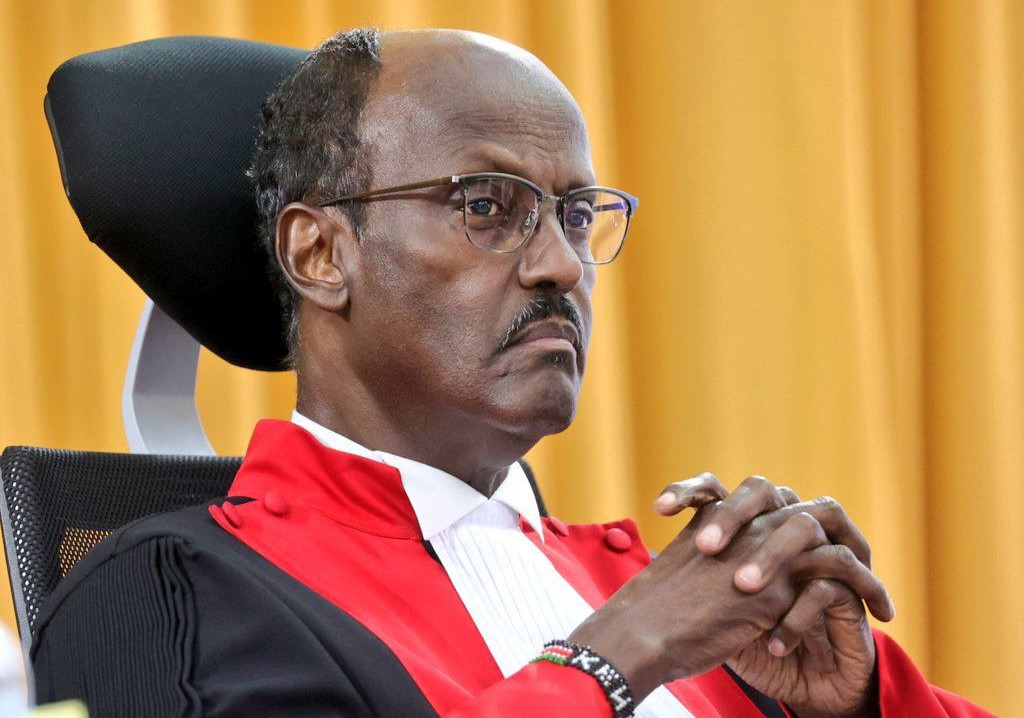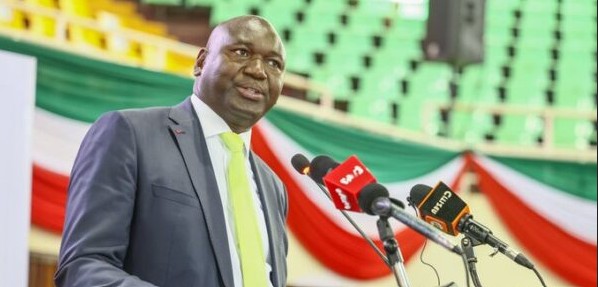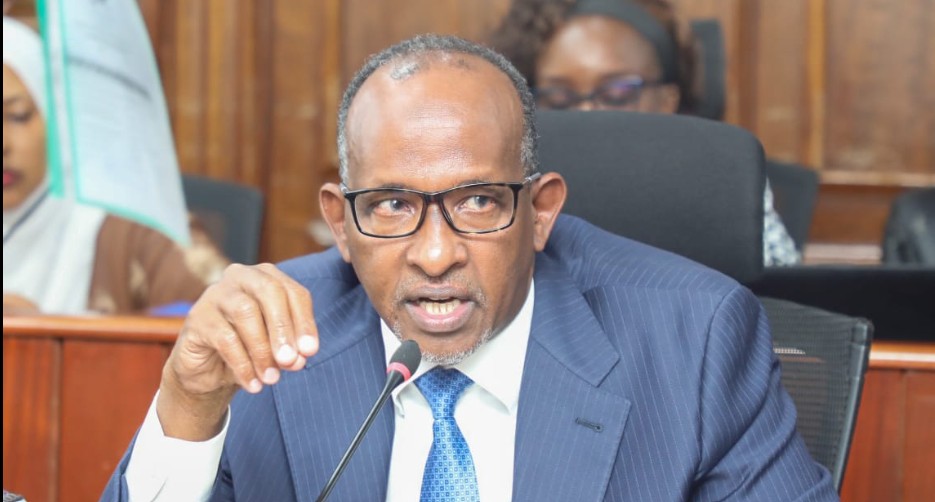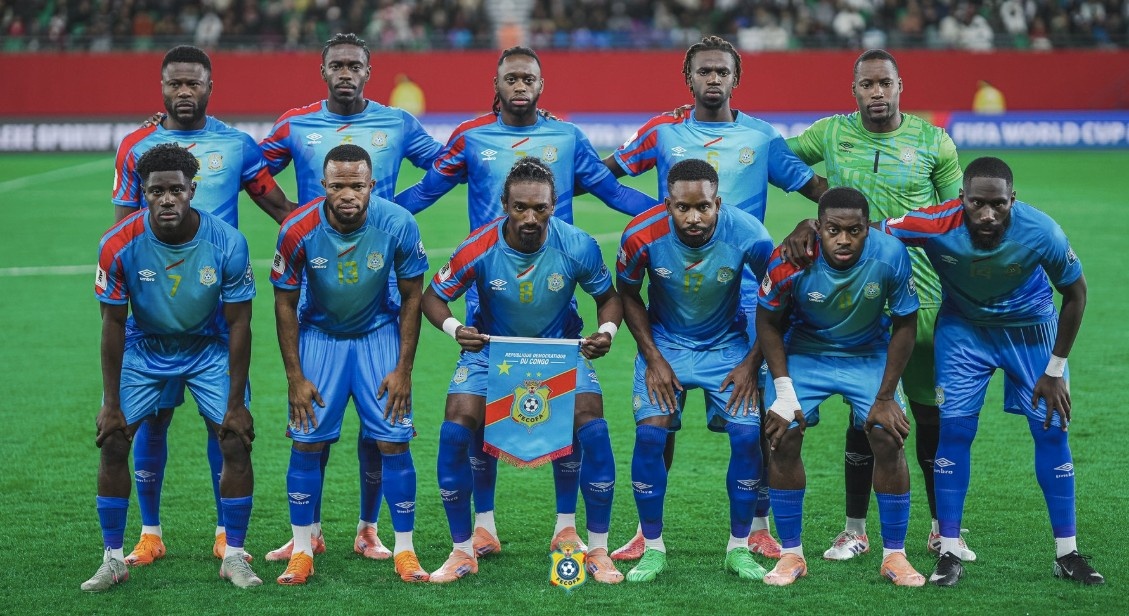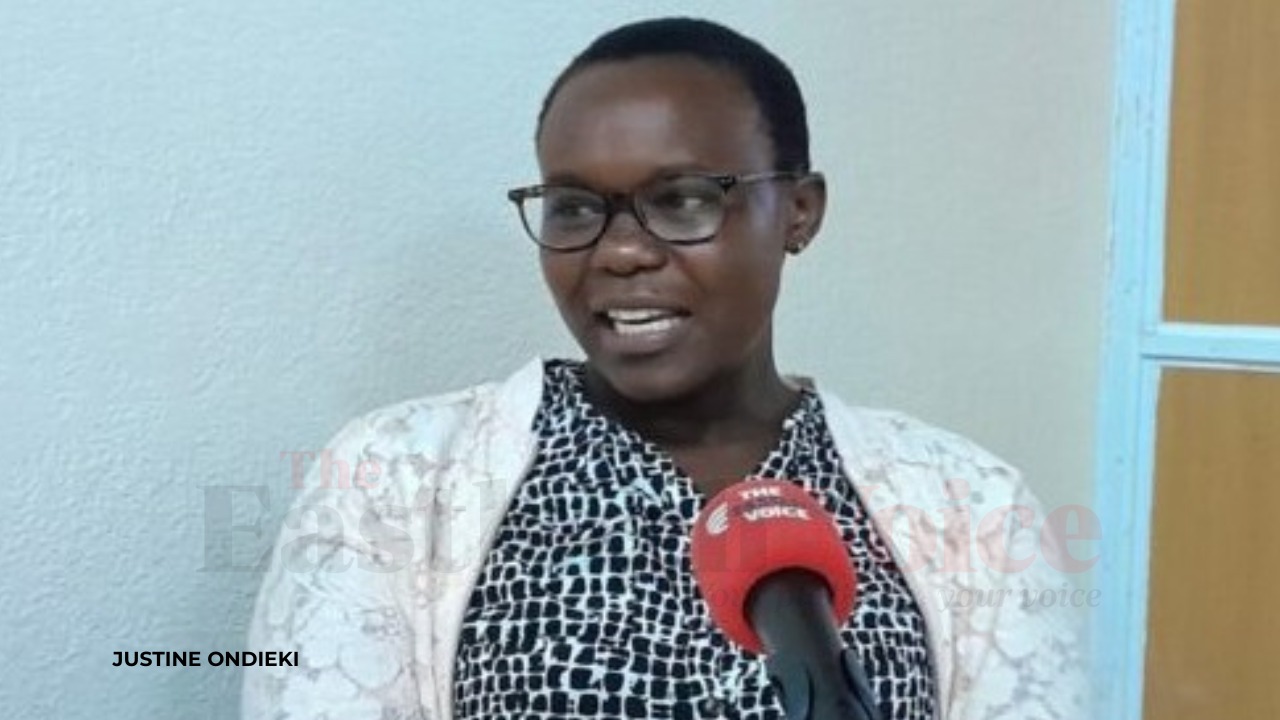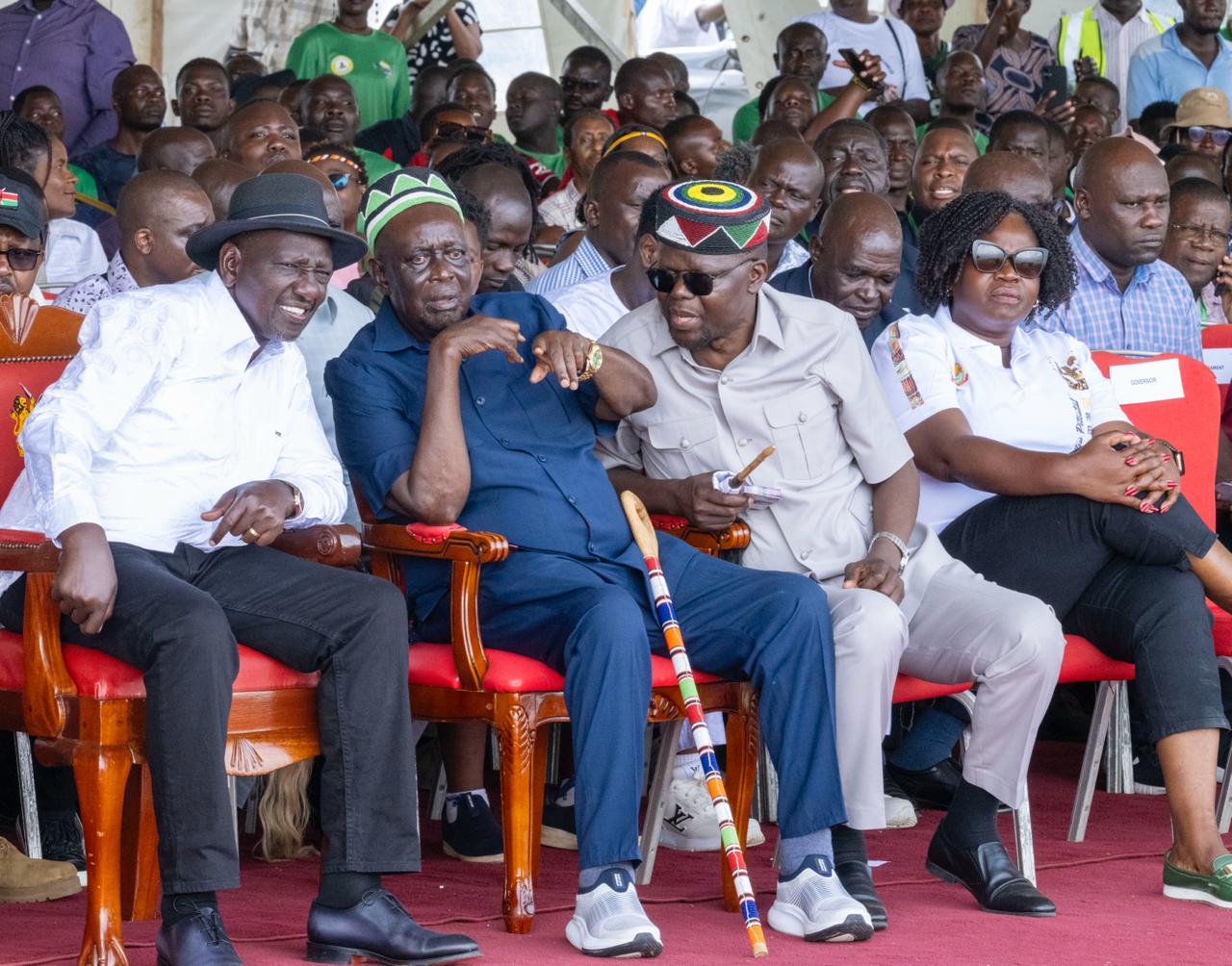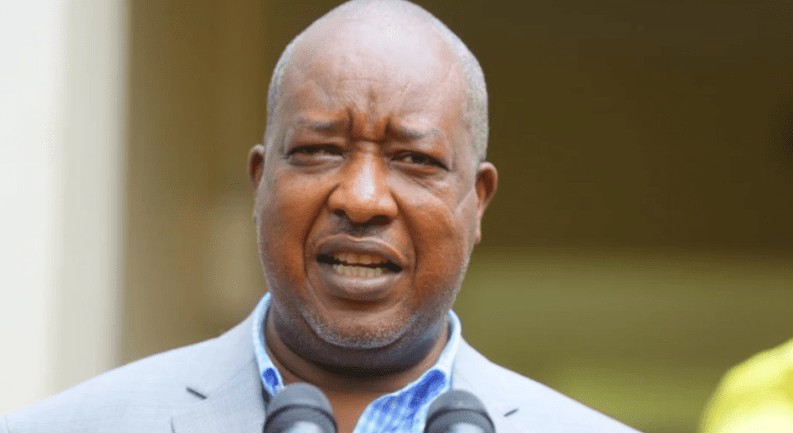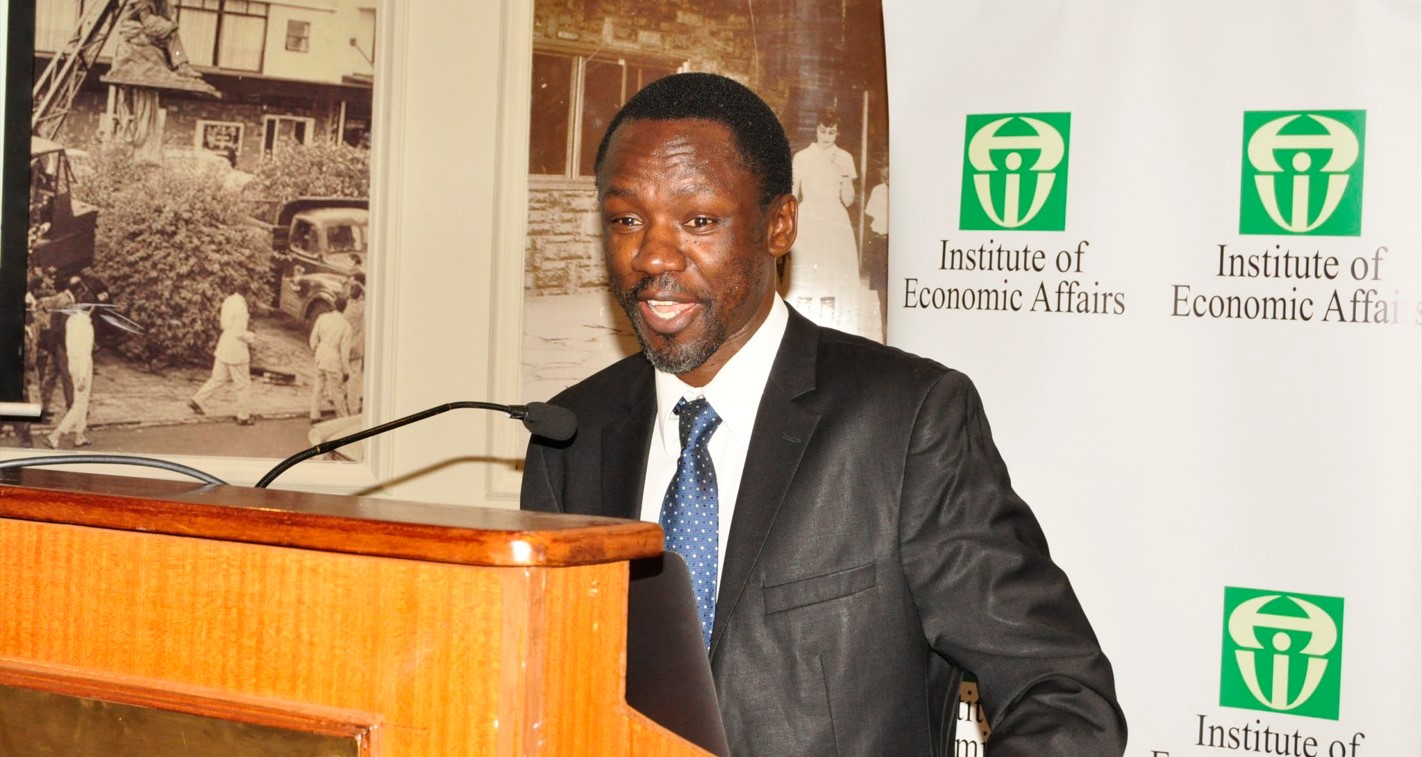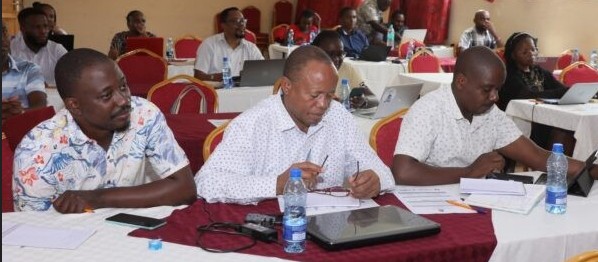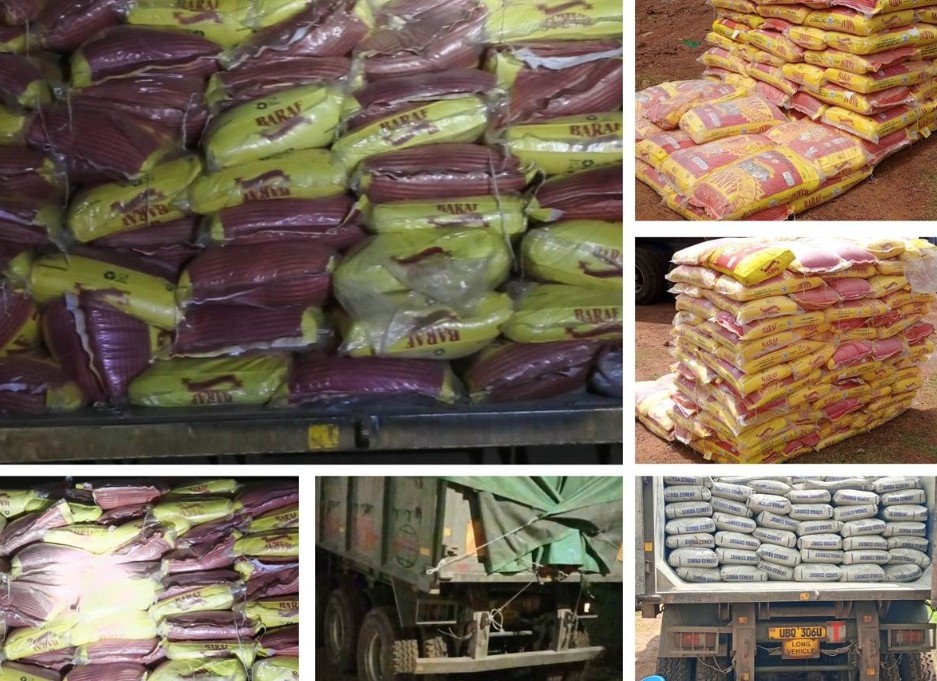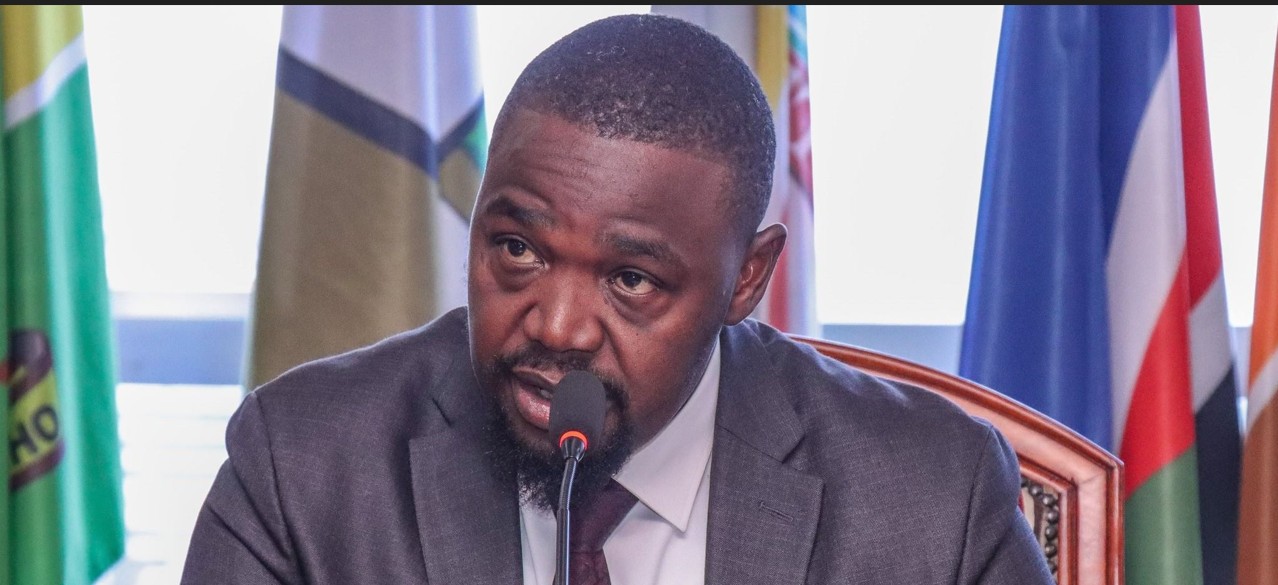Ruto says 13 criminal gangs terrorised Kenyans between 2023 and 2024
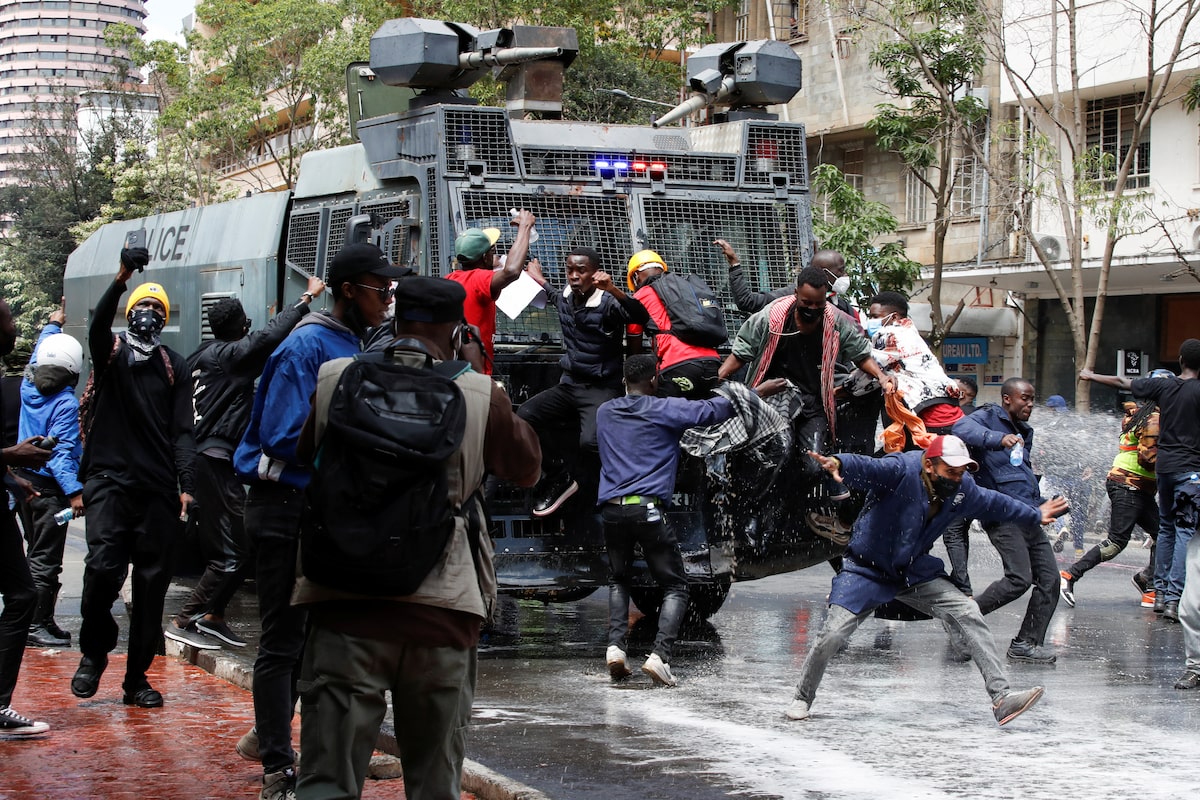
Among the most active gangs in Nairobi during the review period were Gaza, T9, Kabaridi, and Trouble Monkey Brothers.
President William Ruto has named 13 criminal gangs that terrorised various parts of Kenya between September 2023 and August 2024.
This was highlighted in his annual security report submitted to Parliament on November 21, 2024.
More To Read
- Sudan, South Sudan and Gaza face ‘most dangerous year yet’ as humanitarian crisis deepens
- Hamas accuses Israel of ceasefire breach after top commander Raed Saad killed
- 139 nations back UN General Assembly call for Israel to respect UN sites, international law
- Deep concerns for Palestinians amid intense Israeli raids in occupied West Bank
- Maternal and newborn health in crisis as millions born in conflict zones, Save the Children warns
- Gaza faces humanitarian disaster with thousands trapped in flooded camps
According to the report, the gangs, operating in both urban and rural areas, were linked to a wide range of violent crimes, including robberies, extortion, murder, and drug trafficking.
The report also highlighted the socio-economic factors fuelling these criminal activities, as well as government efforts to combat them.
Among the most active gangs in Nairobi during the review period were Gaza, T9, Kabaridi, and Trouble Monkey Brothers.
In the Coast region, notorious groups like Wakali Kwanza, Team Somba, Panga Boys, and Kaburi Moja caused significant unrest.
Other criminal organisations listed by the President included Barsuliek and Mbio Mbaya, which operated in Uasin Gishu County, and Cha Usiku Sacco, known for its activities in Kakamega County.
The Sungu Sungu gang in Kisii County and Mungiki, which operated in Central, Rift Valley, and Nairobi regions, were also mentioned as part of the security threats.
High-profile crimes
The report revealed that these gangs were often involved in high-profile crimes, particularly during anti-government protests, where they engaged in looting, vandalism, and clashes with law enforcement.
The ongoing violence was further exacerbated by challenges such as school truancy, drug abuse, and political patronage, with some gangs allegedly funded by politicians.
"Some of the gangs were involved in crimes such as robberies, extortion, murder, drug trafficking, and looting during anti-government protests," the President's report says.
While gang-related crimes remain a significant concern, the President noted a reduction in the number of reported cases during the review period.
From September 2023 to August 2024, 721 gang-related incidents were recorded, compared to 1,113 cases in the previous year, marking a decrease of 392 incidents, or 35.3 per cent.
Despite the decline in overall cases, the gangs' continued activity remains a major challenge to national security.
"The factors contributing to the rise of these gangs include unemployment, school truancy, substance abuse, and political patronage," the President said.
He also pointed out that the Gen Z protests, which took place during the review period, provided a fertile ground for criminal elements to thrive, with increased cases of muggings, vandalism, and property destruction.
Government response
In response to the growing threat of criminal gangs, President Ruto outlined several steps the government had taken to improve security.
Key among them was the enhancement of intelligence gathering and sharing, which has helped in identifying gang activities and their leaders.
"The government has enhanced intelligence gathering and sharing. To counter criminal gangs, the government has rolled out youth empowerment programmes and intensified coordinated multi-agency security operations against gang activity," Ruto noted in the report.
He also noted that efforts to arrest and prosecute those aiding gang activities had been stepped up, with a focus on dismantling the networks that fund and support criminal enterprises.
The President outlined plans to address the root causes of gang activity. These include continuing youth outreach programmes aimed at empowering young people and reducing their vulnerability to criminal influence.
The government will also intensify socio-economic programmes designed to tackle the systemic issues of unemployment and poverty, which are major drivers of crime.
"To further address the threat, the government will continue to strengthen youth outreach and socio-economic programs. We will also intensify coordinated multi-agency security operations against gang activity," the report says.
The report says while Kenya remains largely peaceful and stable, the continued threat of organised crime requires efforts from both the government and the public to ensure safety and security across the nation.
Top Stories Today
